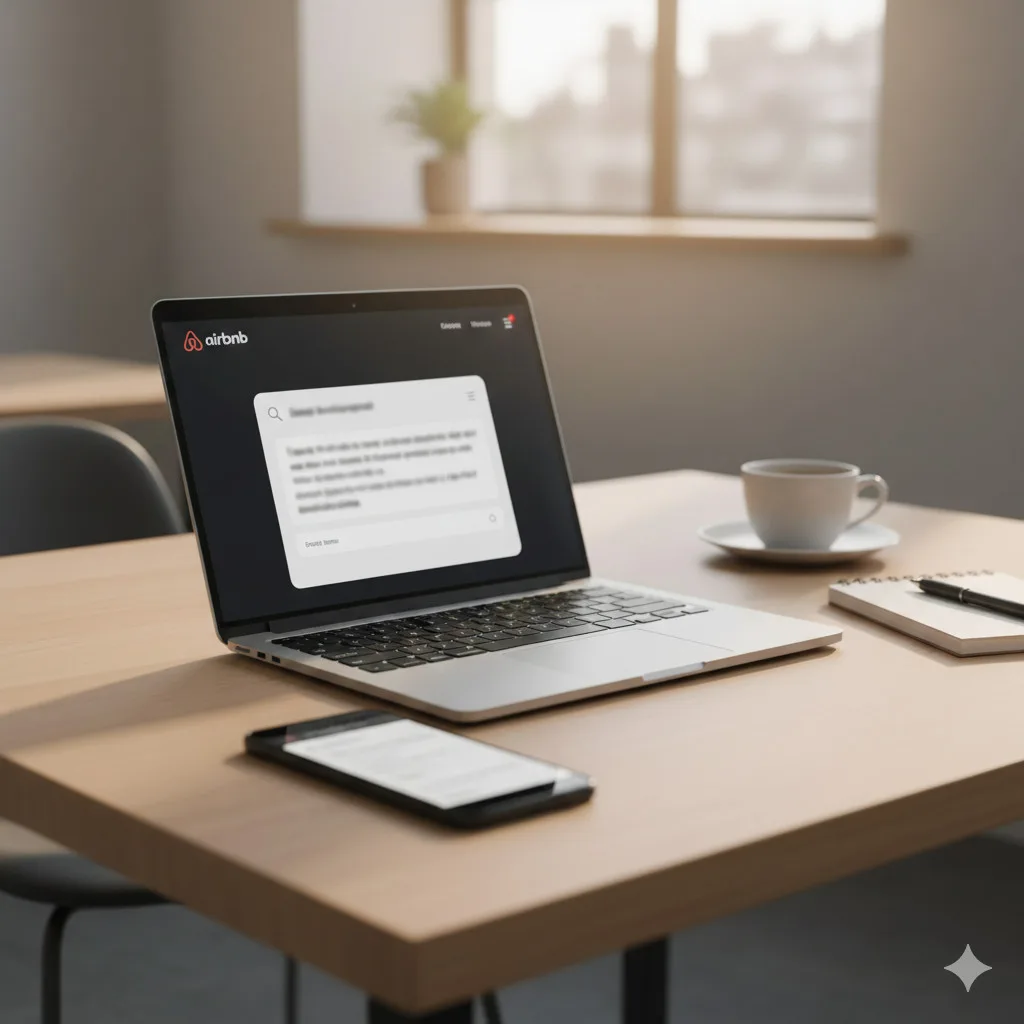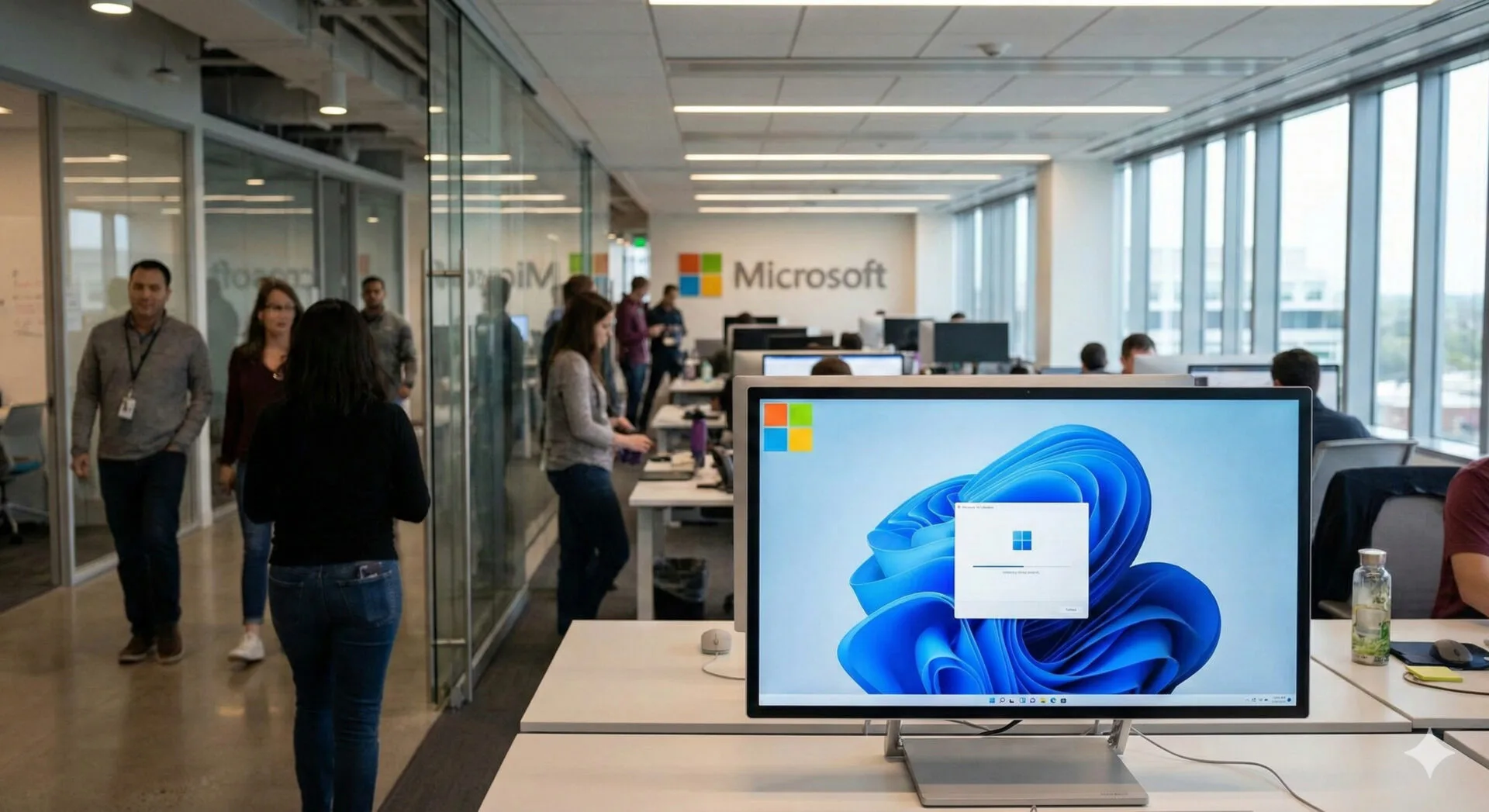As the 21st century progresses, technology forges ahead. Technology is nowhere close to where it was a decade ago. We rely more on the internet to do business, giving hackers a field day when we are lax on security. To protect your data in there are myriad cybersecurity measures you can take against threats such as:
Ransomware
Ransomware is one of the most common cyber threats in existence today. Hackers target large and small companies as well as individuals, and it is no different with ransomware. One morning you wake up and find you have no access to your computer. There are instructions on your screen that you need to pay a certain amount to access your computer. That is a classic example of ransomware. Unless you pay a certain amount, you will not get access to your data, and the payment is usually paid in Bitcoin, which is untraceable.
Phishing
Phishing involves fake emails to individuals or companies from counterfeit websites. The fraudulent websites are very cleverly crafted, as are the emails that most often contain links to phony websites or attachments that contain malicious code. Once on the fake website, the victim is prompted to provide personal information such as usernames or passwords.
Cryptojacking
With the rise of cryptocurrencies in the early 2000s, crypto mining became rampant. Cryptojacking is defined as the illegal use of a person’s computer for mining cryptocurrency. The hacker dupes you into clicking on a malicious email link that launches crypto-mining code on your computer. The hacker may also infect a website with JavaScript code that executes automatically once in your browser. The code often runs in the background as you use your computer, and the only change you will note in your computer is slow performance and execution.
Security Tools you need to use in 2020
While you need an anti-virus in 2020, it is not enough to ward off the many cyber-risks. For this reason, you need to include these tools in your cybersecurity detail:
1. Download a VPN
A VPN or Virtual Private Network provides you with security via encryption. It encrypts all your communication to and from your device, ensuring no one snooping on your network can read your communication. A VPN can be downloaded in simple steps, and installed in a matter of minutes. Ensure to subscribe to a reliable VPN service – free VPN services have been accused of selling their subscriber’s details to third parties.
2. Email security
Email security best practices are essential for everyone, more so businesses. There are several ways to secure your emails, such as:
- Email backup
- Strong passwords
- Two-factor authentication
- Avoiding email links and attachments
3. Vulnerability scanner
A regular scan of your network, applications and web servers reveals any vulnerability that hackers might exploit. A vulnerability scanner is an automated tool that helps you to scan your system for any exploitable weaknesses.
4. Installation of anti-spyware and anti-malware software
The malware installs on your computer once you click on the phishing links. The malware self-installs in your computer and wreaks havoc on your entire system. Installation of anti-spyware and anti-malware on your devices and network ensures you ward off viruses and malware.
5. Using strong and unique passwords
Strong and unique passwords prevent hackers from performing brute force attacks. These types of attacks use a unique computer program that tries different usernames and millions of passwords, hoping one will work. Strong and unique passwords ensure the brute force does not crack your password. A typical strong password may contain special characters, upper and lower case letters, and numbers.
Conclusion
In 2020, an anti-virus alone will not work. We are up against sophisticated hacking methods, and we have to stay a step ahead every day of the year. Downloading a VPN, the practice of best email security policies, scanning for vulnerabilities, anti-spyware and anti-malware software, and secure and unique passwords are just some of the many ways you can secure your data. In another few years, malware will be so advanced that today’s tools will be obsolete.






Leave a Reply